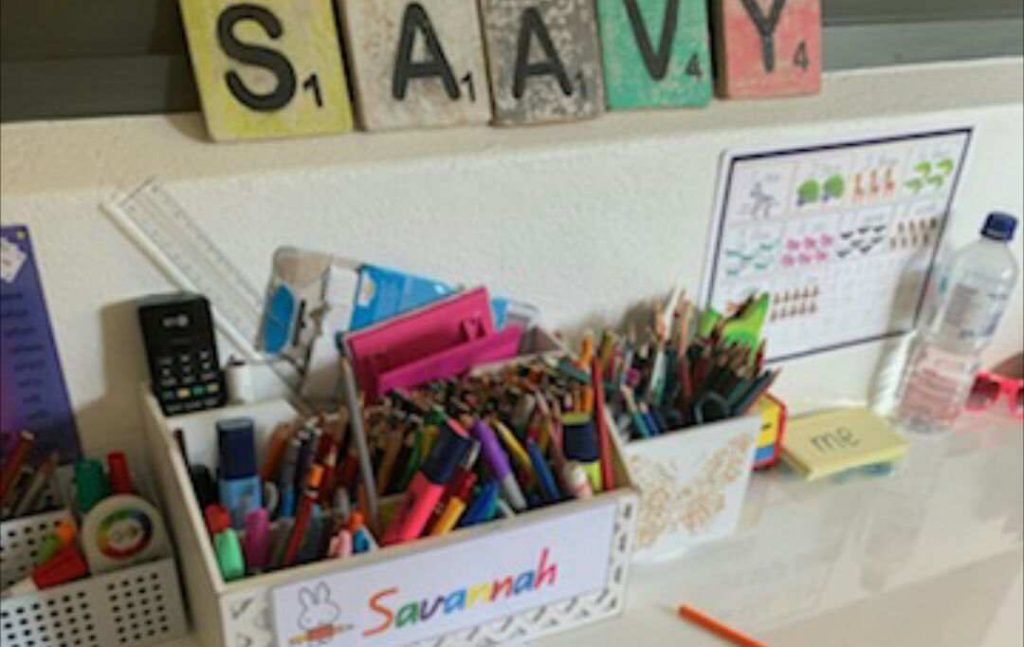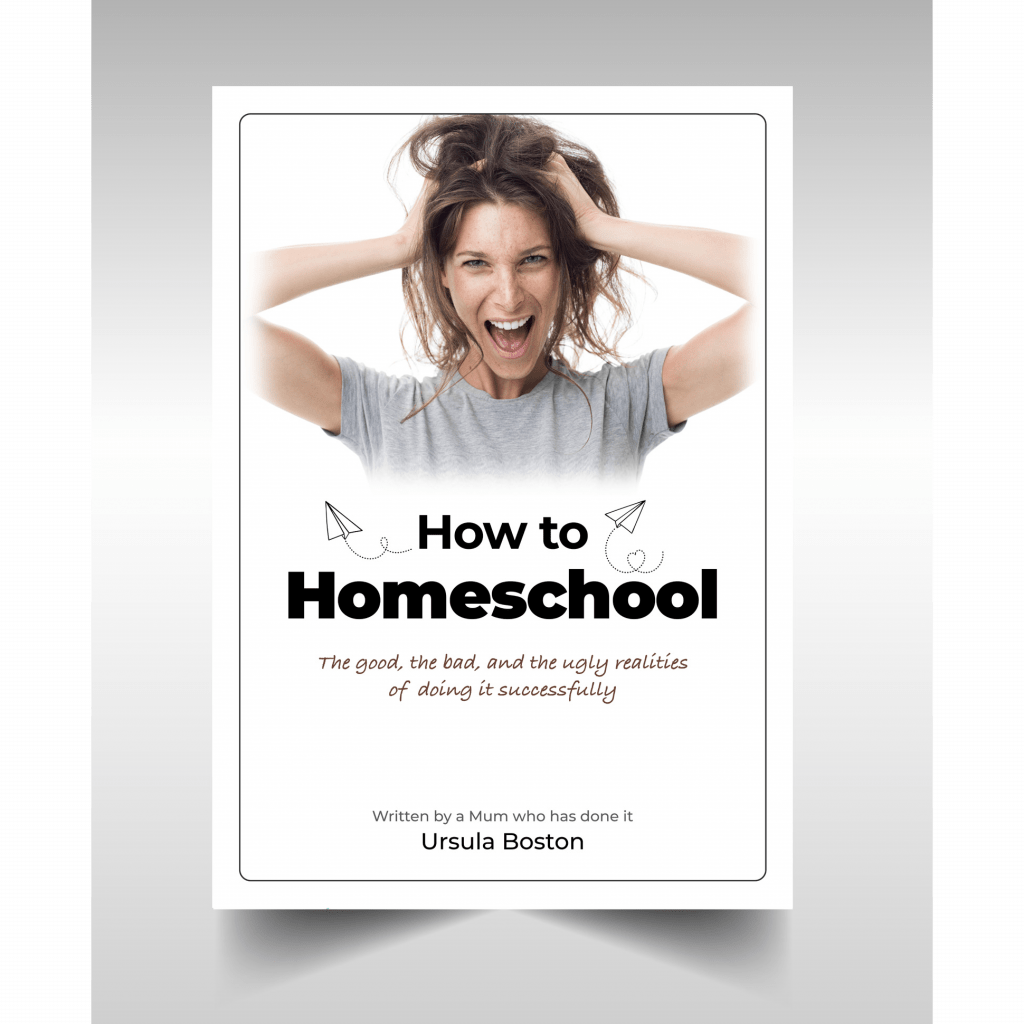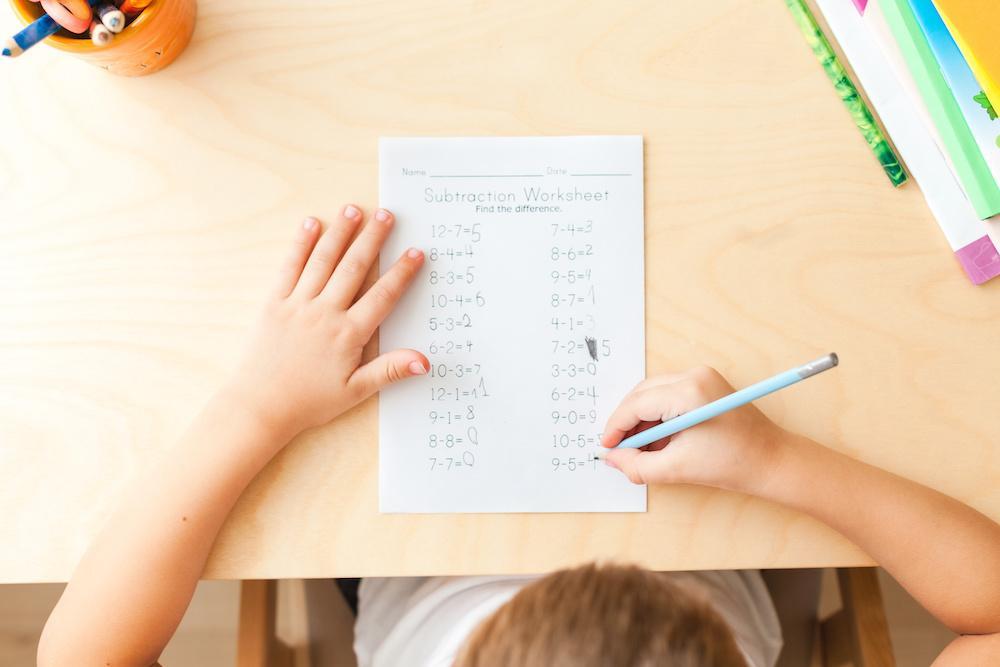If you’re thinking of homeschooling your child in Virginia, you’ll want to know the basics first.
Before you start, you’ll need to find out what the homeschooling laws are in Virginia, choose a curriculum, and decide how you’ll teach your child.
This can seem like a lot, but we’re here to help. Read on for our tips on how to get started homeschooling in Virginia.
Why do parents choose to homeschool their children?
Homeschooling is a form of education where children are taught at home, instead of in a traditional school setting.
Parents choose to homeschool their children for a variety of reasons, including religious beliefs, concerns about the school environment, or to provide a more tailored education.
Homeschooling can be a great option for children who may struggle in a traditional school setting, or who have specific educational needs that are not being met.
Parents who choose to homeschool typically work closely with their child’s teachers and other educational professionals to create customized lesson plans that meet the child’s individual learning needs.
Overall, there are many benefits of homeschooling for both children and parents.
While it requires a significant amount of time and effort on the part of parents, many families find that homeschooling is a rewarding and effective educational choice.
Where To Start Homeschooling in Virginia
If you are considering homeschooling your child in Virginia, there are a few things you need to know.
First, in order to homeschool in Virginia, you must be registered with the Virginia Department of Education (VDOE). You can register online at http://www.doe.virginia.gov/support/families_homeschoolers/faq/index.shtml.
Second, you must maintain records of your child’s educational progress. These records can be in the form of a portfolio, which is a collection of samples of your child’s work, or a log, which documents the days and hours spent homeschooling and what was accomplished during that time.
These records must be kept for at least two years and must be made available to the VDOE upon request.
Third, you must administer a standardized achievement test to your child once per year in grades 3-5 and again in grades 6-8. The results of these tests must be sent to the VDOE.
Fourth, you must have a high school diploma or equivalent if you wish to homeschool your child through grade 12.
Finally, it is important to be familiar with the Virginia homeschooling laws and regulations in order to ensure that you are in compliance.
Resources for Homeschooling in Virginia
If you are homeschooling in Virginia, you may find the following resources helpful:
For information on the homeschooling laws in Virginia, visit http://www.doe.virginia.gov/support/families_homeschoolers/legislation_regulations/index.shtml.
The Virginia Homeschool Association (VHA) offers support and resources for homeschoolers in Virginia. They provide a directory of homeschool-friendly businesses and organizations, as well as a list of upcoming events and workshops.
The Virginia Department of Education website is another valuable resource, providing information on the state’s homeschooling laws and regulations, as well as resources for struggling learners.
Local libraries and community centres are also great sources of information and support for homeschoolers in Virginia. Many offer classes and programs specifically geared towards homeschoolers, as well as free or discounted memberships to educational museums and attractions.
Finally, don’t forget to connect with other homeschooling families in Virginia! There are many online groups and forums where families can share resources, advice, and support. Joining a local homeschooling group is also a great way to get connected with other families in your area and make new friends.
How to Prepare for Homeschooling Your Child
When preparing to homeschool your child, there are several key steps that you should take.
These include obtaining the necessary materials and resources, setting up a homeschooling schedule that works for your family, and establishing clear expectations and guidelines for your child’s learning.
One of the most important steps in preparing to homeschool your child is identifying any learning challenges or special needs they may have.
This can include testing their literacy and math skills, working with a tutor or other educational professional to identify any gaps in their knowledge, and developing a tailored learning plan that meets their unique needs.
Other steps you can take to prepare for homeschooling your child include researching different teaching methods and curricula, connecting with other families who are also homeschooling, and reaching out to your local school district to learn about the requirements and regulations for homeschooling in your area.
In addition to these preparatory steps, it is also important to keep an open mind and be flexible throughout the homeschooling process. Homeschooling can be a challenge, but with the right mindset and resources, you can help your child succeed academically and thrive as a learner.

Tips for Homeschooling Success in VA
There are many things that you can do to set your child up for success when homeschooling them.
These include creating a positive learning environment, being organized and prepared, establishing clear expectations, and maintaining a flexible and open mindset.
It is also important to make sure that you are well-versed in the subject matter that you will be teaching and have access to a wide range of resources, materials, and teaching tools.
Taking time to plan out your lessons ahead of time can also help to ensure that your child stays on track with their learning goals.
Another key factor for homeschooling success is providing opportunities for your child to socialize and interact with other kids, both in-person and online.
This can help them to stay engaged in their learning and also develop important social skills.
With some careful planning and preparation, you can set your child up for success in homeschooling.
By creating a positive and supportive learning environment, staying organized and prepared, and maintaining a flexible and open mindset, you can help your child thrive academically and socially.
FAQs about homeschooling
Homeschooling is becoming an increasingly popular option for parents who want to give their children a personalized education.
But it can be a daunting prospect, with lots of questions about how to get started and what to do.
Here are some of the most common FAQs about homeschooling:
1. How do I know if homeschooling is right for my child?
There is no one “right” answer to this question, as every child and family situation is different.
Some parents choose to homeschool because their children are struggling in a traditional school setting, while others simply find that they prefer the flexibility and customized approach of homeschooling.
Ultimately, the best thing to do is to research homeschooling thoroughly and talk to other parents who have chosen this path to see if it might be a good fit for your family.
2. How do I get started homeschooling?
Again, there is no single answer here. Every state has different homeschooling laws, so you’ll need to start by researching the requirements in your state.
In general, you will need to submit a homeschooling plan or curriculum to your local school district, and may also be required to take part in standardized testing or other assessments.
Beyond that, there are many different approaches you can take when starting out with homeschooling, from online programs and curricula to hands-on learning and homeschool co-ops.
How do I ensure that my child is getting a high-quality education?
Homeschooling can be a very enriching experience for children, but it’s important to make sure that you are providing them with the resources they need to succeed academically.
This might mean investing in high-quality textbooks and other learning materials, seeking out enrichment activities and extracurriculars, or partnering with local schools to ensure that your child has access to a well-rounded education.
How can I balance homeschooling with other aspects of my life?
Homeschooling requires a lot of time and energy, so it’s important to make sure that you are able to balance it with the other aspects of your life.
This might mean creating a regular schedule for homeschooling and sticking to it, hiring outside help for things like childcare or transportation, or simply making time for yourself to recharge and rejuvenate.
Closing thoughts on the benefits of homeschooling for many families in Virginia
Homeschooling can be a great choice for parents who want to give their children a personalized education. It offers more flexibility and control than traditional schooling and allows students to learn in a variety of ways.
There are many different approaches to homeschooling, so it’s important to do your research before getting started. Additionally, make sure to prioritize your child’s academic success, and find a balance between homeschooling and other aspects of your life. With these tips, you can help your child thrive in the world of homeschooling.
Do you have any questions about homeschooling? If so, be sure to check out the rest of our website for more information, or reach out to me personally.
With love and kindness
Ursula x
For a limited time – I’m offering massive discounts for any first-time purchase. Use code ( first20off ) at checkout.

How to Homeschool – The Good the Bad and the Ugly Realities of Doing it Successfully
This is the book I wrote to my younger self about doing it successfully. Take it from someone who has been there.
It is everything I have learned from my 18 years as a full-time educator, mum, and housewife.
It is everything you need to get started.

About The Author
My name is Ursula Boston. I’ve been educating my daughters as a proud homeschool mum for nearly 20 years. Alongside managing our household and small business from home.
If you want to learn how to do this from someone who has actually done it. Twice! I will show you HOW.







